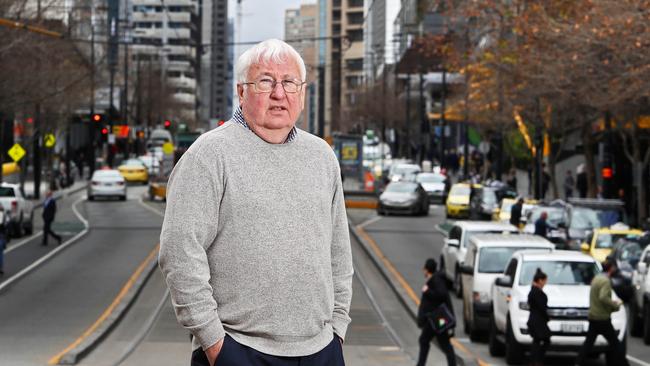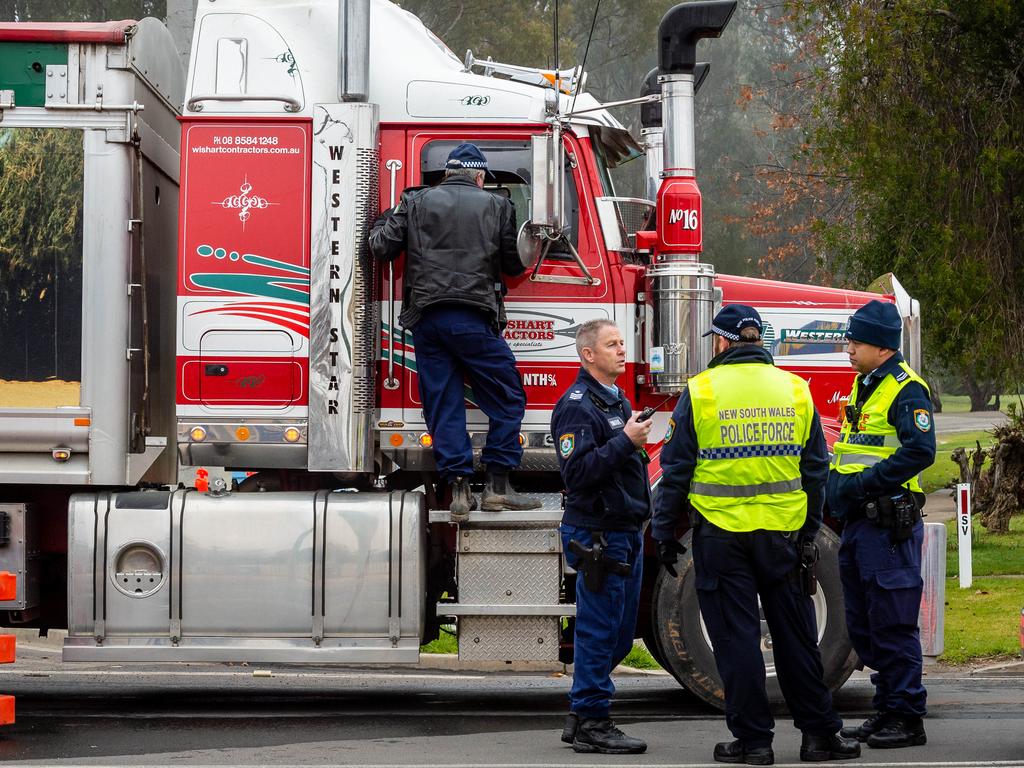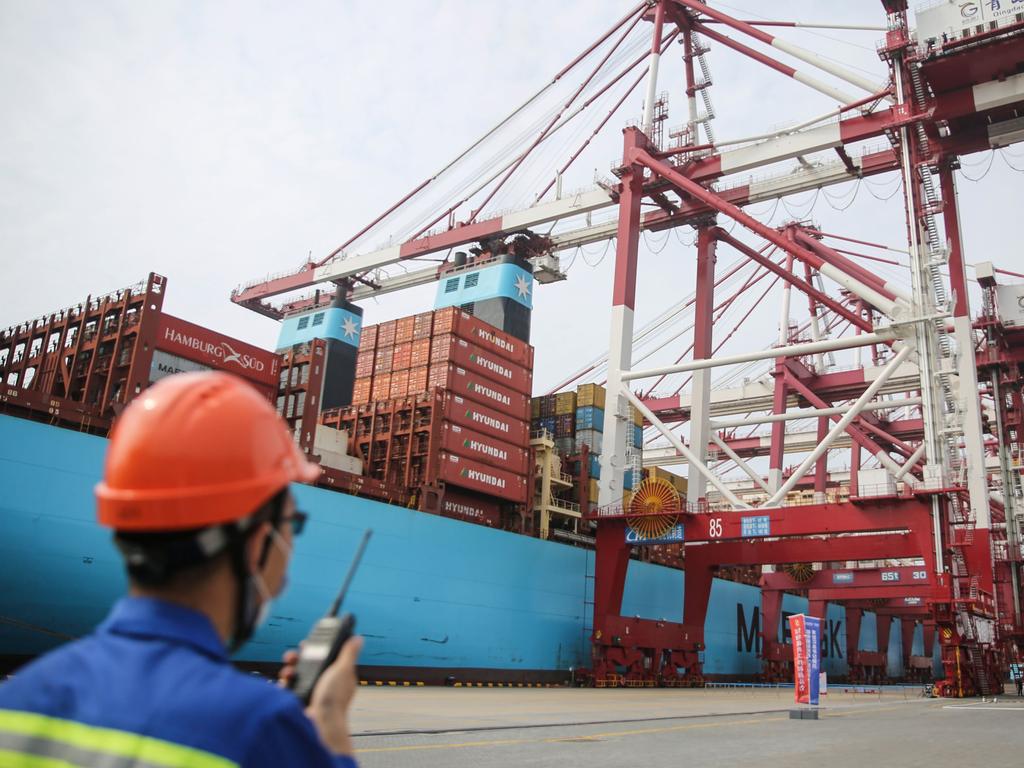Leaders fear economic fallout from Victoria’s lockdown
Scott Morrison’s “we’re all Victorians now” was directed at risks of the pandemic going national, but it could equally have applied to our economic future.

A cloud of pessimism has descended on the Victorian economy, as business leaders and conservative politicians such as former premier Jeff Kennett brood over the long-term impact of the state’s second COVID-19 lockdown.
While Scott Morrison’s comment on Wednesday that “we’re all Victorians now” was directed at risks of the pandemic going national, it could equally have applied to the nation’s economic future.
Last year, Melbourne accounted for 20 per cent of Australia’s gross domestic product and an equal share of its population. Its contribution to the nation’s growth, however, was a disproportionate 40 per cent, according to brokerage UBS.
Melbourne pubs magnate Chris Morris, a founder of investor services company Computershare, said the impact of the second lockdown would be “devastating” for the hospitality industry.
“We’ve just opened up and now we have to close down again,” Mr Morris said.
“If we’d called in the army (to provide security for quarantine hotels, instead of private security firms), Victoria wouldn’t be in this position, but for some reason that didn’t happen. Now it’s going to affect the whole of Australia. It’s very disappointing.”
In the previous recession in the early 1990s, and again as the nation started to recover from the global financial crisis in 2008, billionaire trucking magnate Lindsay Fox teamed up with former ACTU boss Bill Kelty for their self-styled Keep Australia Working program.
The intention was to help the nation avoid a jobs catastrophe, with unemployment in 1992 nearing 12 per cent and the youth jobless figure at 20 per cent.
Mr Kelty said on Wednesday he was worried about Victoria’s future, but largely because he had “no idea” about the shape or parameters of the problem.
“In 1991-92, we knew the overriding objectives were to lower inflation, change the wages system and put in a national savings scheme, and we were confident that would work,” Mr Kelty told The Australian.
“We were coming out of recovery, so the idea (with Mr Fox) was to give people more confidence, get the traineeships to work and remove the bureaucracy.
“The message was different in the financial crisis because we were in reasonably good shape and the decisions had been made.
“With this one (COVID-19), you can’t say you’re confident about closing the economy down early and then coming out of it, because if you open up too early from lockdown you start to get these second waves of infection.”
Given the high level of uncertainty, Mr Kelty said the best approach was to agree on a five-point plan to facilitate the nation’s economic recovery.
First, the JobKeeper wages support program implemented by the Morrison government should be continued; second, the higher education system had to be saved from disaster through a different funding model; third, a small increase was required in the minimum wage; and fourth, compulsory superannuation had to be lifted to 12 per cent, from its current level of 9.5 per cent.
The final instalment was a coherent climate change policy because it affected investment decisions.
UBS analyst Jonathan Mott said Melbourne’s new lockdown could be a “significant hit” to the economy.
Mr Kennett was scathing about the Andrews government’s response to the pandemic, saying the state’s youth would be the biggest losers, with many of them relying on the badly hit tourism and hospitality industries.
“We don’t know what’s being planned for the state’s recovery,” Mr Kennett said.
“There’s the potential for an economic tsunami and the extinction of businesses in Victoria if JobKeeper winds up (at the end of September).
“It was only in 1997 when people started returning to Victoria because it had become a vibrant state, but the worry is there will be an exodus, particularly by young people who will leave in droves to work in economies with a better future.
“Heads must roll at some stage, if not today because we have to get through this.”
Gerry Ryan, owner of the Jayco caravan manufacturing empire, was a rare voice of optimism, saying the state was “pretty resilient” in its manufacturing and building sectors.
“Certain sectors like tourism and small business are going to be affected, but I’m not critical of what the federal government’s done, and I think the Andrews government has done the best it can,” Mr Ryan said.
“We’ll hopefully bounce out of this (infection spike) before the six weeks is up.”






To join the conversation, please log in. Don't have an account? Register
Join the conversation, you are commenting as Logout